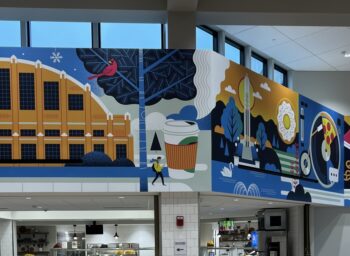After being under construction for the fall semester, the café that formerly occupied Butler’s Residential College (ResCo) is back with a new look and feel, many new amenities and plenty of old favorites, and a new name – Midtown Provisions.
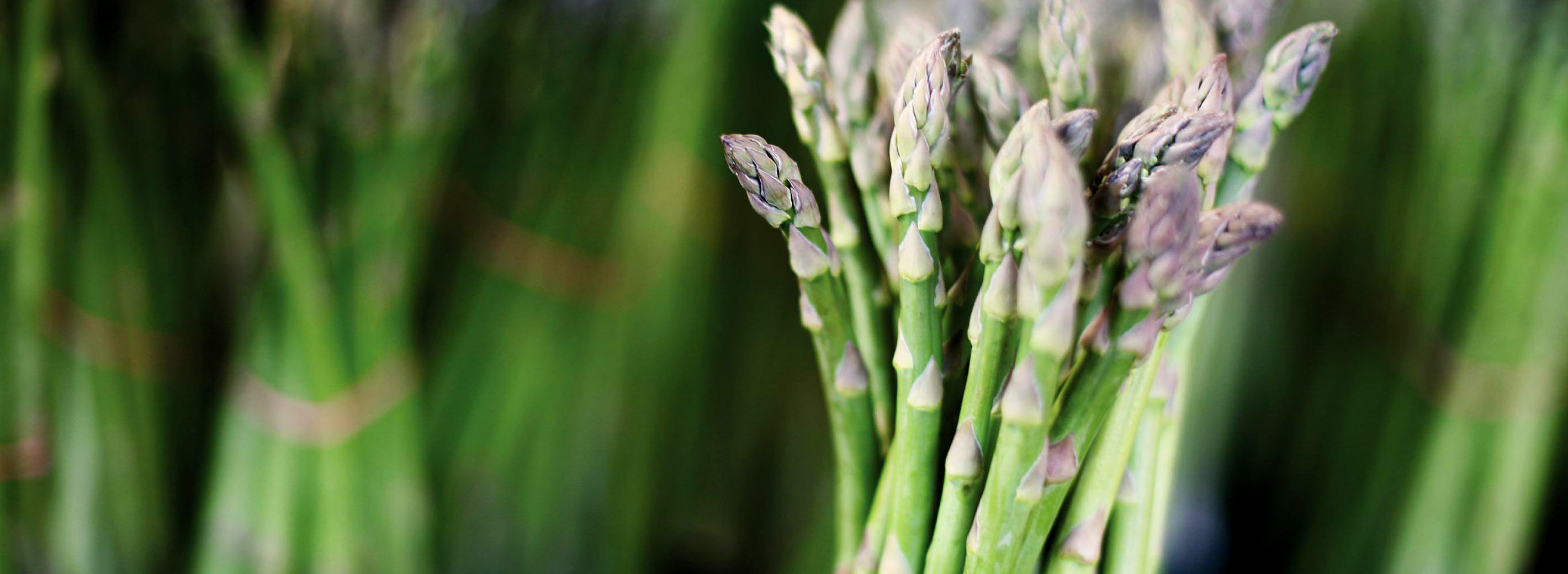
Blog: Sourcing
+ Blog Categories
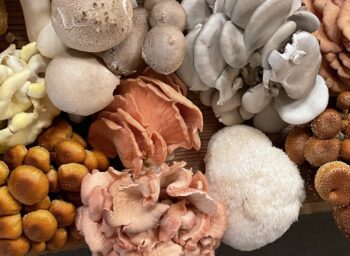
So Mush Room in Our Hearts (for ‘Shrooms)
- Blog
Mushrooms are having a moment. With a rise in mushroom-themed art, beauty, fashion, film, and culinary and wellness explorations, mushrooms’ popularity has risen exponentially in recent years. The collective fondness for ‘shrooms includes many of those on the college campuses we serve.
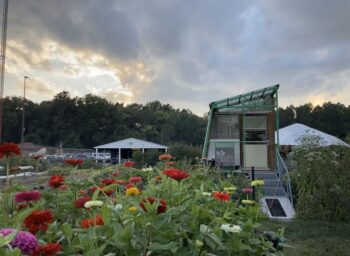
Pickling in Paradise on The Farm at Butler
- Blog
Tucked away on the edge of campus, over a bridge and beside the athletic fields, lies The Farm at Butler, a gem within Butler University in Indianapolis, IN. Just shy of one acre, this agricultural oasis is a clear example of how urban farming can transform previously dormant land into a thriving ecosystem and classroom.
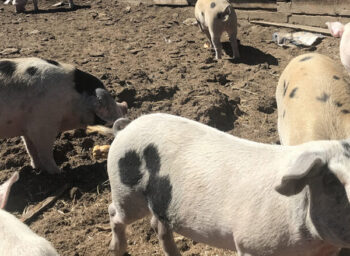
California’s Proposition 12 Fully Implemented (finally)!
- Blog
There’s reason to celebrate in California this week – Proposition 12, which voters in the state overwhelmingly supported on the ballot in 2018, is fully implemented as of January 1, 2024.
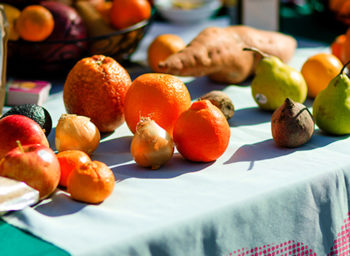
The Biden-Harris Administration’s Plan to Fight Food Waste
- Blog
At Bon Appétit Management Company, we’ve been looking at food loss and food waste prevention as critical levers in combatting the climate crisis since 2007. So we were pleased to see the Biden-Harris Draft National Strategy for Reducing Food Loss and Waste and Recycling Organics, as recently published in a joint effort via the USDA, EPA, and FDA and released at COP28 in December.
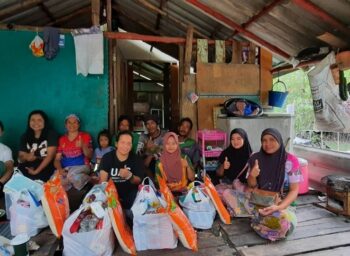
A Holiday Gift to Benefit Seafood Workers Globally
We support humane treatment for all workers, which is why we gave a gift this year in our clients’ names to the Labour Protection Network (LPN), a non-profit organization dedicated to promoting and protecting the rights of workers in various industries, including the fishing industry.
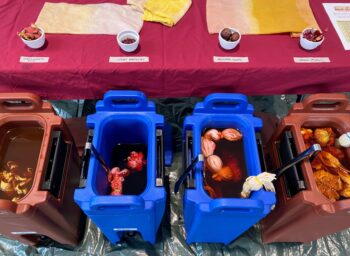
A Hands-On Way to Play With Your Food (Waste)
- Blog
What do avocado skins and seeds, onion skins, and beet trimmings have in common – besides being candidates for the compost pile? These scraps can all be used in plant-based dyes, and using them not only reduces food waste, it reminds us of what’s possible when we practice creative reuse and extend sustainable practices from the kitchen out into the other parts of our lives.
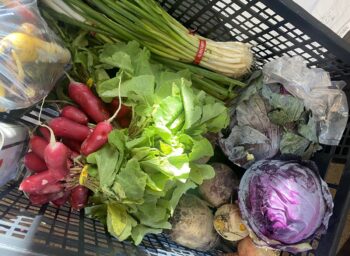
A Closer Look at How Food Hubs Build Capacity for Local Food Systems
In this follow-up to last week’s post, we share the stories of three food hubs that demonstrate just how critical this model can be for matching supply with demand.
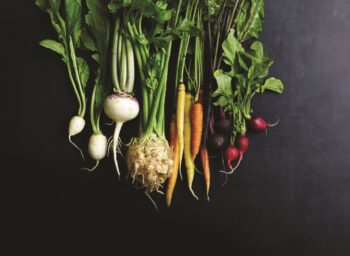
A Simple Solution to Curb Food Waste
- Blog
At Bon Appétit Management Company, food waste is our foe. The 40% of food that goes unsold or uneaten in the United States is a major contributor to greenhouse gas emissions, but it’s more than that.
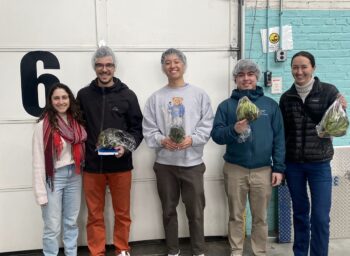
Food Hubs: Redefining How Institutions Feed Students and Strengthen Regional Food Systems
On the rise across the country since the mid-2000’s, food hubs are one solution to common barriers to getting local food into restaurants and difficult-to-access institutional markets. With a keen focus on selling to anchor institutions (long-term fixtures in communities, such as universities, hospitals, and school systems, that play vital roles in the local economy), food hubs coordinate the aggregation, distribution, and marketing of locally and regionally produced foods from a network of responsible producers.
